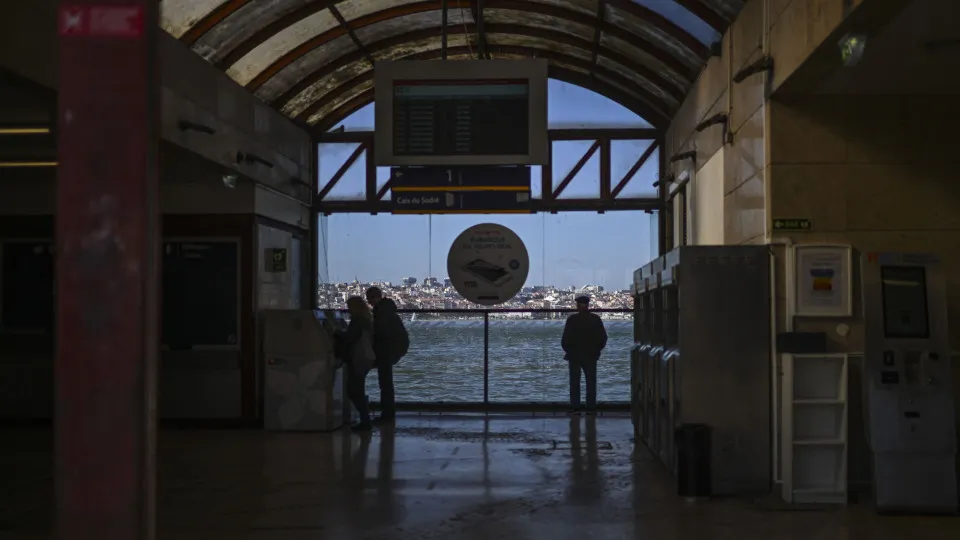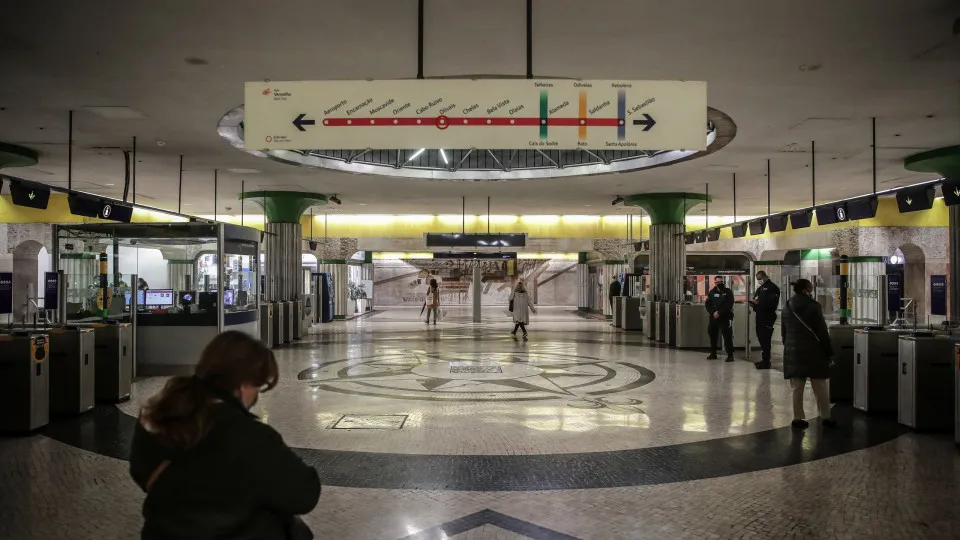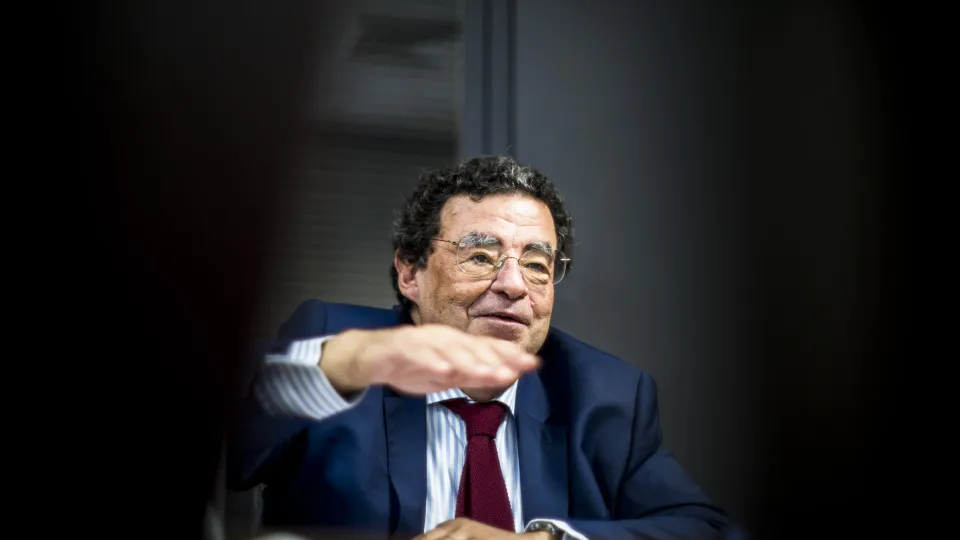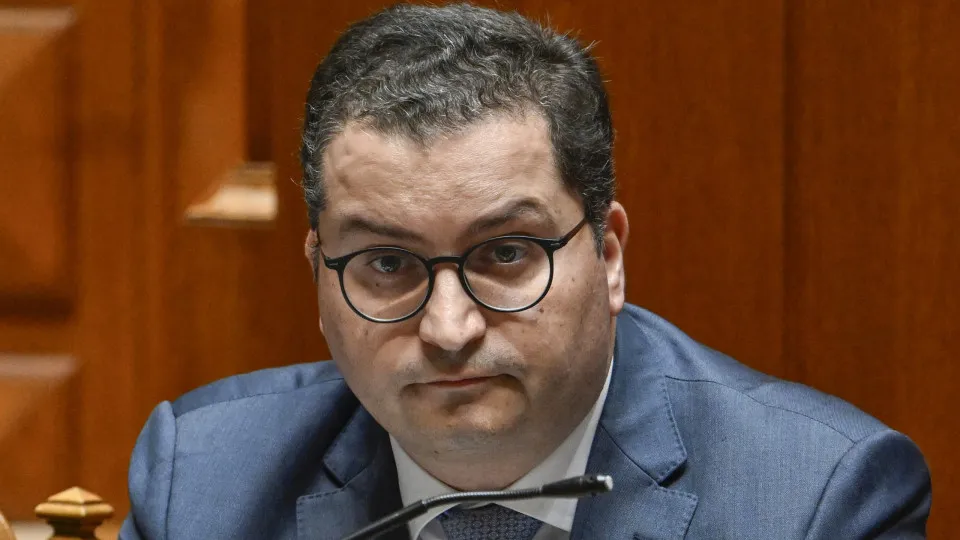
The fluvial connection between Cacilhas and Cais do Sodré in Lisbon is set to resume its official weekday schedule on Monday with a completely electric fleet after operating on an adjusted timetable for several months, the company announced.
Transtejo-Soflusa (TTSL), which has a new administration since October 13, will offer 38 additional services and provide 75,000 more seats per month. The simultaneous operation of diesel and fully electric ships will allow for the transportation of 540 passengers and 20 bicycles per trip.
The company, formerly led by Alexandra Ferreira de Carvalho, is now presided over by Rui Ribeiro Rei, elected for the 2025-2027 term.
In a statement released today, the company noted that after receiving the latest fully electric ship, the “Peneireiro-Cinzento,” the service offering is being enhanced for one of the busiest fluvial routes between the banks of the Tejo River.
“Approximately 20,000 people will benefit daily from more comfortable and sustainable journeys,” the company stated, adding that this mixed operation “contributes to promoting sustainable mobility on the Tejo River by reducing the environmental impact of public transportation services, achieving energy efficiency gains, reducing the carbon footprint, and significantly improving the fluvial travel experience.”
According to TTSL, the new catamaran, the “Peneireiro-Cinzento,” is 40.15 meters long and 12.00 meters wide and will be able to transport 540 seated passengers across two lounges.
In a response sent to the Lusa news agency, the company explained that the 10th ship is expected to be in operation by mid-December.
Transtejo-Soflusa (TTSL) is responsible for the fluvial connections between Seixal, Montijo, Cacilhas (Almada), Barreiro, and Trafaria/Porto Brandão (Almada), in the district of Setúbal, and Lisbon.
GC // RBF
Lusa/End




